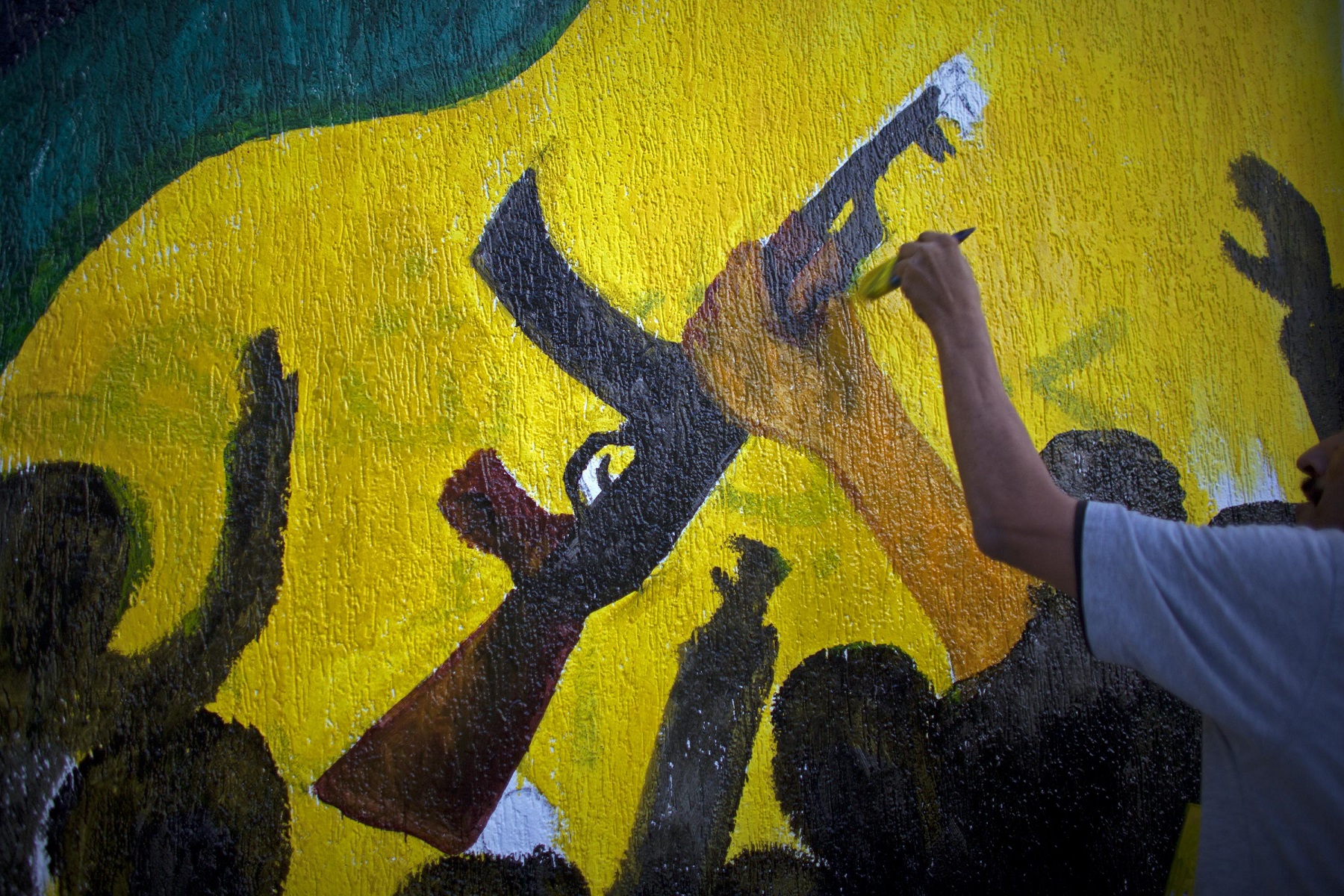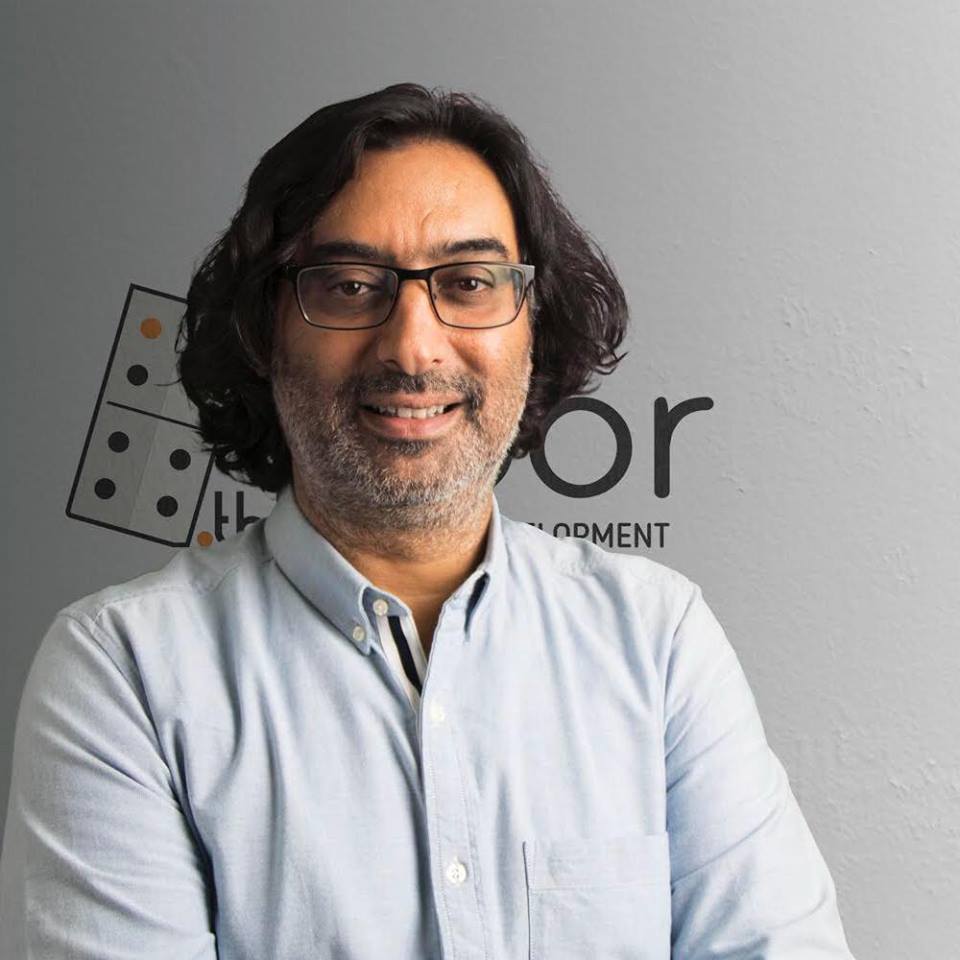من الممكن تحديد معايير التقييم لأداء الإعلام الليبي أثناء تغطيته للحرب على تخوم العاصمة طرابلس في ثلاث نقاط، وهي تمثل مجتمعةً وظيفةَ الصحافة في تغطية الأحداث بأنواعها، كما يمكن أن نستقيها من كتاب (The Elements of Journalism) وهي:
1- تقديم حقائق مدققة لجهة المصادر والصفات والمصطلحات وموثّقة لجهة الصياغة.
2- بناء سياقات للحقائق لتوضيح حجمها الموضوعي والآثار والتداعيات الناتجة عنها.
3- تنظيم المحاورات بحضور كل الأطراف وإشراك الناس العاديين والخبراء المختصين.
تراجع تدقيق المعلومات
يظهر ذلك جليا في اعتماد وسائل الإعلام والصحفيين على مصادر من الطرف الذي يحظى بتأييد كل وسيلة إعلامية عند الحديث على الطرف المقابل، وعدم بذل أي جهد للوصول إلى الطرف المقابل المشارك في الحرب، فضلاً عن غياب محاولة تدقيق المعلومات المستقاة من الأطراف المؤيدة من مصادر مستقلة. وبرز ذلك في عديد كبير من العواجل التي تتسابق وسائل الإعلام الليبية على نقلها عن تلك المصادر الأثيرة لديها ثم ظهور خطأ النقل، ويمكن اختبار ذلك في الأخبار المتعلقة بالتقدم والانسحابات في مناطق المواجهات حول طرابلس، فما تنقله وسائل الإعلام في الليل يظهر عدم دقته في الصباح.
وتكثر وسائل الإعلام من نسب المعلومات إلى مصادر مجهولة رغم خطورتها وتعلقها بمسائل جوهرية في الحرب، مثل تلك المعلومات التي تنسب لمصادر مؤيدة للطرف المقابل، وإسناد معلومات عن الانقسامات أو الخسائر أو الاجتماعات السرية، وتتصف تلك المعلومات بالنيل من معنويات ذلك الطرف والجزء المؤيد له من الرأي العام.
إشكالية المصطلحات والصفات
تعيش وسائل الإعلام فوضى عارمة في انتقاء ونحت المصطلحات التي تهدف من ورائها إلى شيطنة الطرف المقابل للطرف الذي تؤيده، وتنتشر هذه الأيام مصطلحات مثل الجماعات الإرهابية، الميليشيات، مجرمو الحرب، عسكرة الدولة، الدولة المدنية، الجيش الوطني، ناهيك عن عشرات الأوصاف التي تقلل من قيمة الخصم وتحط من قدره. ويمكن معالجة هذه الإشكالية من خلال تطوير إجراءات صناعة القرار الأخلاقي داخل غرف الأخبار، وهذا يتطلب أن يمنح الصحفيون حق ممارسة حريتهم للتعبير عن آراءهم بشأن المصادر والمصطلحات، ويمكن الاستفادة من كتاب Journalism Ethics: A casebook of professional Conduct for News Media Revised by Fred Brown & others).
الانحياز
يسهل على المتابع لوسائل الإعلام الليبية أن يصنف في وقت وجيز من المتابعة، انحياز الوسيلة الإعلامية للأطراف المتحاربة، ويظهر ذلك في الاعتماد على مصادر طرفها المفضل واستخدام مصطلحات تمجده وتشيطن الطرف المقابل، وكذلك في قوائم الضيوف والمحللين، والبروموهات الترويجية والفواصل وعناوين الأخبار وطبيعة الأسئلة وزوايا التناول في الأخبار والتقارير ومحاور البرامج الحوارية إلى جانب وجود مراسلي كل وسيلة في الجهات التي يسيطر عليها طرف الحرب المؤيد من الوسيلة الإعلامية.
ويظهر الانحياز أيضا رسم الصورة الذهنية للرأي العام من خلال تجاهل التعريف بأطراف الحرب وانتماءاتهم الجغرافية والأيديولوجية والسياسية، واستخدام الصور والخلفيات الموسيقية التي تعزز ليس فقط الانحياز بل تنتج حالة انقسام في مكونات الشعب المختلفة.
ويظهر العديد من الصحفيين والمسؤولين في الوسائل الإعلامية انحيازهم للأطراف، ويستخدمون المساحات التي تتيحها منصات التواصل الاجتماعي لإعلان مواقفهم المنحازة لطرف ضد آخر. ويمكن التوسع في الاطلاع على نقاش جدي من خلال قراءة كتاب: (Bias: A CBS Insider Exposes How the Media Distort the News by Bernard Goldberg).
خطاب الكراهية
تعرّف الحرب من قبل بعض وسائل الإعلام بأنها ذات بعد جهوي، لتأتي الأخبار بصيغة تعزز هذا التصور لدى الرأي العام، مع انتقاءٍ لبعض المعلقين الذين يقضون عدة ساعات مستخدمين ألفاظاً وأوصافاً تحريضية على توسيع نطاق الحرب لتشمل مناطق وقبائل ومكونات ثقافية عديدة، ويغيب الانتباه إلى الآثار التي يتركها خطاب الكراهية على الهوية الوطنية لليبيين التي تتعرض لعمليات تفكيك منذ العام 2011، كما يتم تجاهل والأدلة المهنية والمعاهدات الصادرة عن الأمم المتحدة وعدد من المنظمات الإقليمية المتعلقة بخطاب الكراهية والتحريض على العنف، مثل: مبادئ كامدن (2009) وخطة عمل الرباط (2012).
تبرير العنف
يحدث ذلك في نشر صور القتلى والأسرى والتعامل غير القانوني معهم، وإظهار ما يشبه التحقيقات مع آخرين. كما تتيح وسائل الإعلام مساحات واسعة للأطراف لتبرير الحرب والعنف وبالتالي السعي لتوجيه الرأي العام، طمعاً في الحصول على التأييد بل ودعم الحرب. كل ذلك يحدث مع تجاهل للقانون الإنساني الدولي ومعاهدات جنيف الأربعة.
تجاهل مبادرات السلام
منذ اندلاع الحرب على تخوم طرابلس، لم تفتح وسائل الإعلام مساحات لمناقشة أي مبادرة تسعى إلى إنهاء الحرب بوسائل سلمية، بل على عكس ذلك، تحتفي بالخطاب المتشدد للطرفين والذي يتضمن تصريحات ترفض أي مبادرة أو دعوة لوقف الاقتتال والعودة إلى طاولة المفاوضات.
ولم تبذل وسائل الإعلام أي جحد يذكر لتفسير وليس تبرير أسباب الحرب وأهدافها دون انحياز، بل من خلال البحث الموضوعي في الدوافع التي قادت إلى الحرب حول طرابلس، وإشراك أصحاب المبادرات للحديث عنها ومناقشتها أمام الرأي العام الذي يشجع على المشاركة في المحاورات عن مبادرات السلام. ويبقى مفيدا الاطلاع على مؤلفات وجهود البروفسور (Johan Galtung) التي تركز على مساهمة الإعلام في بناء السلام في المجتمعات التي تشهد صراعات وتوترات وحروب.








































